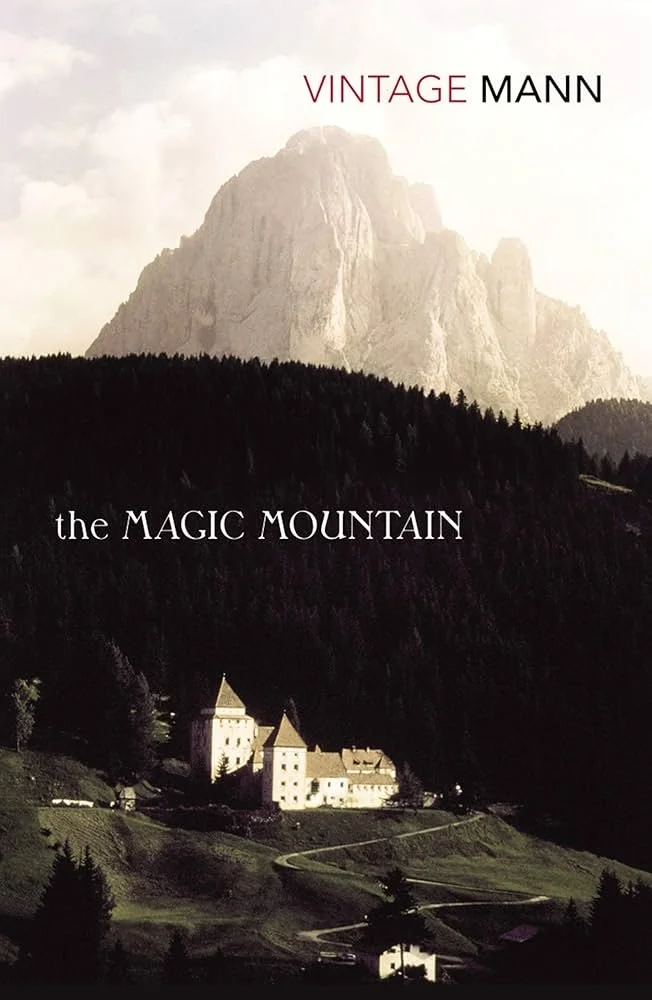Do you ever think back to the time when you were a young adult and cringe? So much awkwardness, embarrassment and self-consciousness. You tried so hard to instantly become the person you wanted to be. Do you remember meeting someone who seemed so revelatory and exciting you became totally fixated on them? You wanted to be with that person constantly and couldn’t stop thinking about them. I certainly remember experiencing all of this. “Tender” takes you back to that confused passion of youth with the story of Catherine, a young Irish woman at university during the 1990s. She becomes enamoured with a vibrant aspiring artist named James. He is also young and frustrated about life. He struggles with coming out and discovering his place in the world, but he and Catherine become attached to each other. Throughout a tumultuous relationship they slowly discover who they want to become and, more importantly, the kind of people they don’t want to turn into. Belinda McKeon takes you through this crucial transition into adulthood with a beautifully written story about art, friendship and love.
Who can say why we fall so desperately for someone? Perhaps that person has qualities you wish you had yourself or talents you can’t help admiring. Sometimes it’s possessing a boldness for living that you feel you might lack. James is forthright in his approach to the world. “He was saying aloud the stuff that, Catherine now realized, she had always thought you were meant to keep silent.” James challenges the world in a way Catherine never thought she could. This opens her eyes to possibilities she previously thought were closed to her. She finds herself ready to eschew all expectations for her future that her parents hold.
Photo of Ted Hughes by Cartier-Bresson from 1971 that Catherine studies
Catherine is very taken with poetry and Sylvia Plath in particular. She reads her writing and Ted Hughes. Their fateful relationship casts a sombre shadow upon the heated connection that arises between Catherine and James. There is a fascinating point in the book when the narrative suddenly shifts to a much more frantic account which stumbles through Catherine’s consciousness as she deals with the intensity of her own emotions. Cut off from the man who meant so much to her she’s trapped in a vicious kind of solitude: “She felt alone; or she felt, at least, the threat, the spectre, of her own aloneness.” Thwarted by a love which can’t be reciprocated she finds her existence is circumscribed leaving her without any meaningful connection to other people or to the future she thought she might inhabit.
In all of our lives there is a constant tension between becoming the person you want to be and fully inhabiting who you are. Catherine is often caught in the interstices of life where she has a definite heritage and expectations for her future, but she constantly yearns for more. Consequently she’s frequently dissatisfied and struggles to understand her place in the world. She wonders “Was a reality something you arrived at, or something you made? Or something you just forced onto things?” Catherine tries to pack all of her yearnings (especially involving James) into the everyday reality she so dearly wants. But, because he has very different aspirations, she is often frustrated and disappointed with the shape of her current reality.
Inevitably, Catherine finds she can survive because there are other options in life which exist beyond what she can imagine. As we all learn with aging: “this is how it is. Time moves. It takes you with it. Life changes.” The novel “Tender” is a kind of memorial to that time in life when change was painful but necessary. Development isn’t just physical, but it’s a mental process of testing out possible selves and possible futures we want to inhabit. McKeon elegantly captures the joy of discovery, the pain of loss and the long difficult process of self-acceptance.










